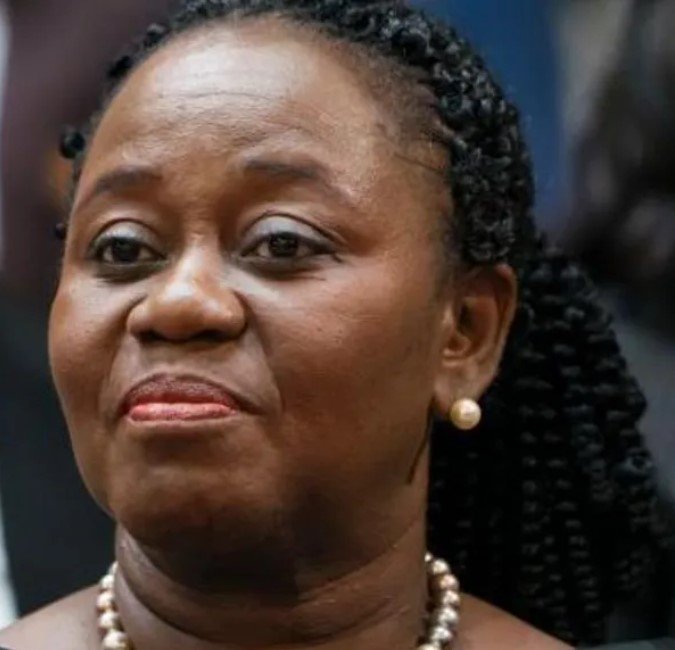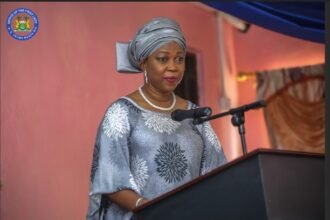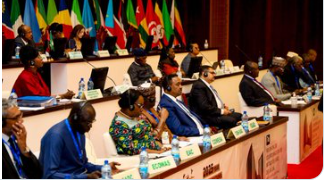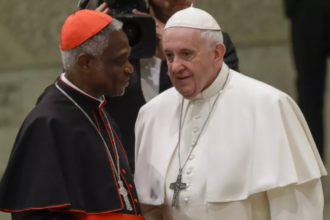By Emmanuel Sikena
Accra, Ghana – Ghana’s Chief Justice, Gertrude Torkornoo, has been formally removed from office by President John Mahama, following an inquiry’s recommendation that found her guilty of “stated misbehavior,” including allegations of misuse of public funds. The unprecedented dismissal has ignited a fierce debate over judicial independence and the potential for executive overreach in the West African nation.
President Mahama’s office announced on Monday that he was required to act in accordance with the findings of a president-appointed commission. The commission determined that “grounds of stated misbehavior… had been established and recommended her removal from office.” Ms. Torkornoo, who had been on suspension since April after complaints by three individuals, has vehemently dismissed the allegations as unfounded and politically motivated.
The inquiry, which reviewed 10,000 pages of evidence from 13 witnesses on behalf of petitioner Daniel Ofori, found evidence of “unlawful expenditure of public funds linked to her private travel.” This included claims that her spouse and daughter were paid allowances using public funds during a private trip with her husband to Tanzania in 2023 and another to the US with her daughter.
Additionally, Ms. Torkornoo faced allegations of interference in appointments by sidestepping procedures for appointing Supreme Court judges and abusing powers in the transfer of a judiciary employee. Following the committee’s findings, she has also been removed as a judge of the Supreme Court. The two other petitions against her remain unconcluded.
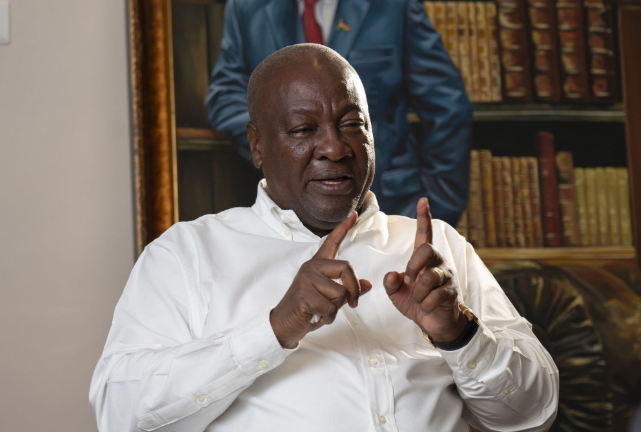
The removal of Justice Torkornoo, Ghana’s third female chief justice and nominated in 2023 by former President Nana Akufo-Addo, marks a historic moment as she is the first sitting chief justice to be investigated and dismissed. Chief justices in Ghana typically enjoy security of tenure, allowing removal only on specific grounds such as incompetence or misbehavior. Her legal representatives have rejected the basis for her dismissal.
The decision has drawn sharp criticism, with opponents arguing it sets a worrying precedent and undermines judicial independence. The opposition New Patriotic Party (NPP) had earlier condemned her suspension in April, describing it as a political witch hunt.
Alfred Tuah-Yeboah, a former deputy attorney general, expressed his alarm to the AFP news agency, stating it was a “dangerous precedent.” He added, “The petition that I read showed no proper grounds to warrant her removal… If the threshold is what we read in the petition, then I fear for the future of the judiciary.”
While Ghana’s constitution allows for checks and balances, critics argue that Ms. Torkornoo’s removal could erode the judiciary’s independence and grant the executive branch undue influence. Such a perception, they contend, could undermine public trust in the legal system and create an uneven playing field for justice.
William Nyarko, executive director of the Africa Centre for Law and Accountability, has called for a review of the law governing the removal of a chief justice. He highlighted that Ghanaian law does not specifically define “stated misbehavior,” leaving it open to varied interpretations and potential manipulation by the executive. Nyarko cited Kenya’s system, where the process begins with the Judicial Service Commission, as an example that better ensures the independence of both institutions.
Ms. Torkornoo had previously survived a removal request under President Akufo-Addo, who found that petition to have “several deficiencies.” She had also been accused of bias in some of her rulings by the current governing party, which was then in opposition.
Despite multiple unsuccessful lawsuits challenging the removal process, Ms. Torkornoo still has the option to challenge her dismissal in court, though the outcome remains uncertain.


